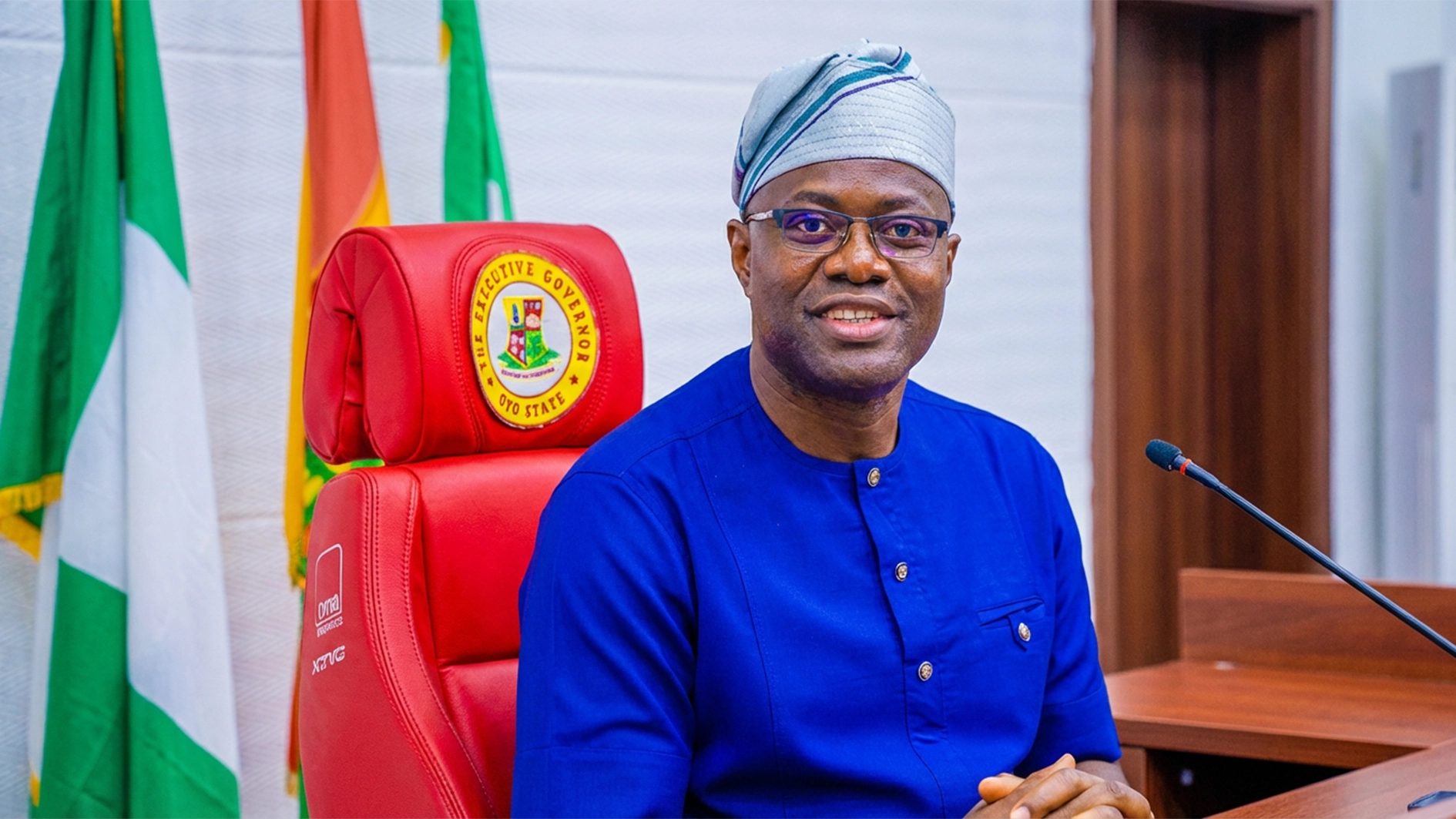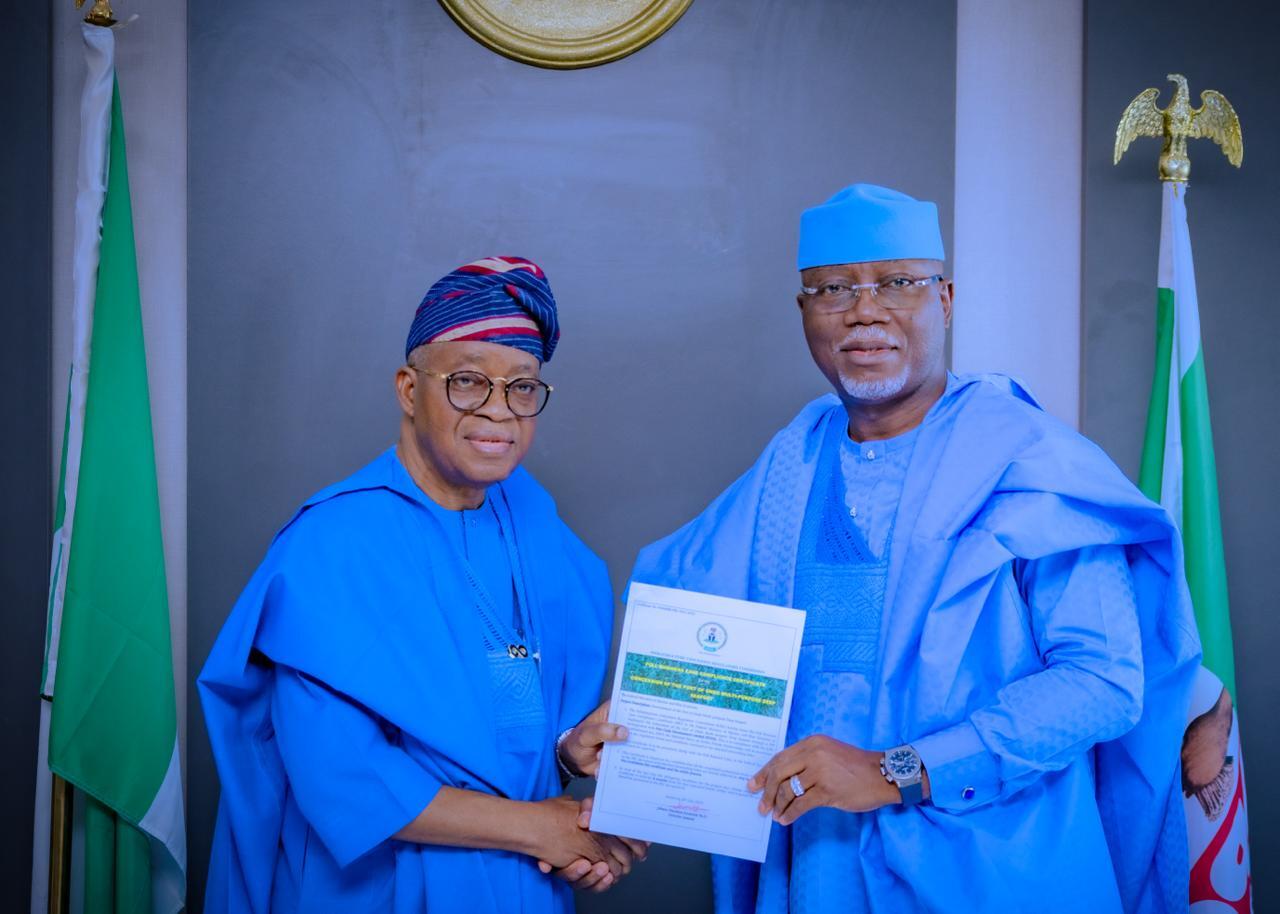E-governance non-negotiable, C’Wealth institute warns states
The Director of the Commonwealth Institute of Advanced and Professional Studies (CIAPS), Prof. Anthony Kila, has raised concerns over the failure of many Nigerian states to adopt functional e-governance systems.
He, however, called for urgent attention to a critical, often overlooked pillar of governance: the digital bridge between leaders and citizens. Kila’s remarks were part of CIAPS’ Citizens’ Good Governance Performance Index (CGPI), which flagged gaps in website security, accessibility, content relevance, and online services, key pillars for modern public administration and civic engagement.
He spoke during the unveiling of CIAPS’ latest Panorama CGPI e-governance report in Lagos. The report, released by Nigerian Panorama, in collaboration with CIAPS and titled: ‘Panorama CGPI e-Governance Report: A Review of State Government Websites (2025),’ assessed the digital platforms of 36 states, using 10 critical indicators, including website security, content relevance, interactivity, financial transparency, user friendly, MDAs directory, online service availability, among others.
The report stated that while a few states, such as Lagos, Anambra, and Abia, demonstrated strong digital governance practices, many others lagged dangerously behind, adding that Adamawa ranked zero in digital governance as the state’s website remains inaccessible, while Rivers State is also at the bottom of the chart.
Katsina and Niger states were singled out for having non-functional or broken contact forms, outdated content, and poor user interface design, effectively cutting off citizens from government information and services.
Imo State’s website, the report noted, was riddled with broken links and filled with political propaganda rather than public service information. Taraba and Katsina also ranked low for infrequent updates and lack of maintenance.
However, the report, as part of CIAPS’ ongoing CGPI project, positions e-governance as a vital channel for citizens’ interaction, saying: “It’s one thing most citizens can engage with: Sick, sad, happy or busy, they can always do e-governance.”
He stressed that state governments, as the closest tiers to the people, must prioritise digital platforms for communication, service delivery, and accountability.
The report also flagged widespread poor communication of policies and limited public access to fiscal data, citing Kebbi, Sokoto, and Bayelsa states for weak budget transparency.
CIAPS, therefore, recommended mandatory content audits, standardised engagement systems, full e-service integration, and digital capacity-building for civil servants.
Also, CIAPS Chief Information Officer, Ikenna Anabor, proposed extending the framework to assess federal platforms, noting that federal digital efforts remain inconsistent.






